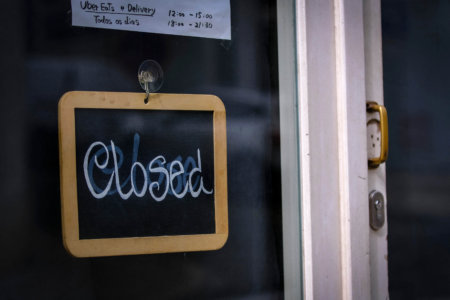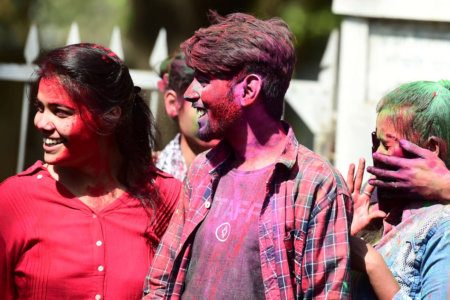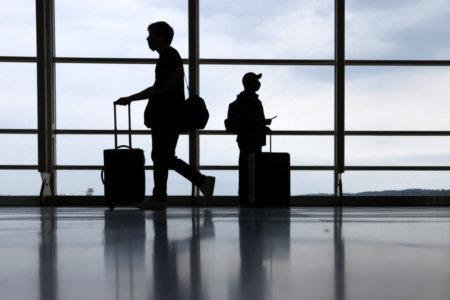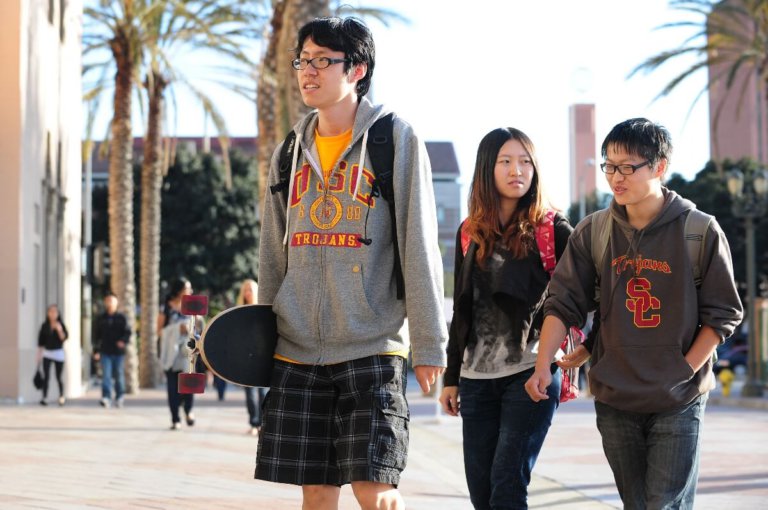
Thousands of international students could face travelling delays or uncertainties as many US embassies and consulates have yet to resume regular US visa processing since the pandemic broke out. According to The PIE News, the US government does not expect to “quickly resume” full operating capacity for its visa processing services, delegates heard at NAFSA’s 2021 conference. NAFSA is a non-profit association dedicated to international education and exchange.
This has caused stakeholders to worry that international students will not make it back to US universities for the fall semester. A US Department of State official said that while consular services are offering as many appointments as they can, there are “large visa backlogs” and they do not expect to resume full operating capacity any time soon.
Speaking at a session that focused on the visa application process, Mike Hollabaugh, international student advisor at Boston College Office of International Students and Scholars said students and scholars are still experiencing difficulty getting appointments, especially the discontinuation of visa services in China. Visa processing, however, has resumed in Beijing.
Due to the pandemic, the US embassy and consulates in China cancelled the majority of in-person appointments for immigrant and non-immigrant visa processing. Hollabaugh was quoted saying that China is one of the top countries sending students to the US; the current situation has been difficult for students, schools and individual programmes.
Kathryn Strong, a visa policy analyst for the Bureau of Consular Affairs at the Department of State, was quoted saying: “Everyone’s having to wait longer than they would like to for a visa interview. Honestly, we would like to be able to offer visa interviews sooner. We are working as hard as our resources and local conditions allow us to adjudicate visa applications as quickly as possible. It’s our job, it’s also the right thing to do.”
Strong explained that consulates take their obligation to protect the health and safety of personnel and customers entering consular sections in the midst of the pandemic very seriously, adding that even if conditions have improved in the US, they might continue to worsen in other parts of the world.
Lockdowns, travel restrictions contribute to US visa processing delays
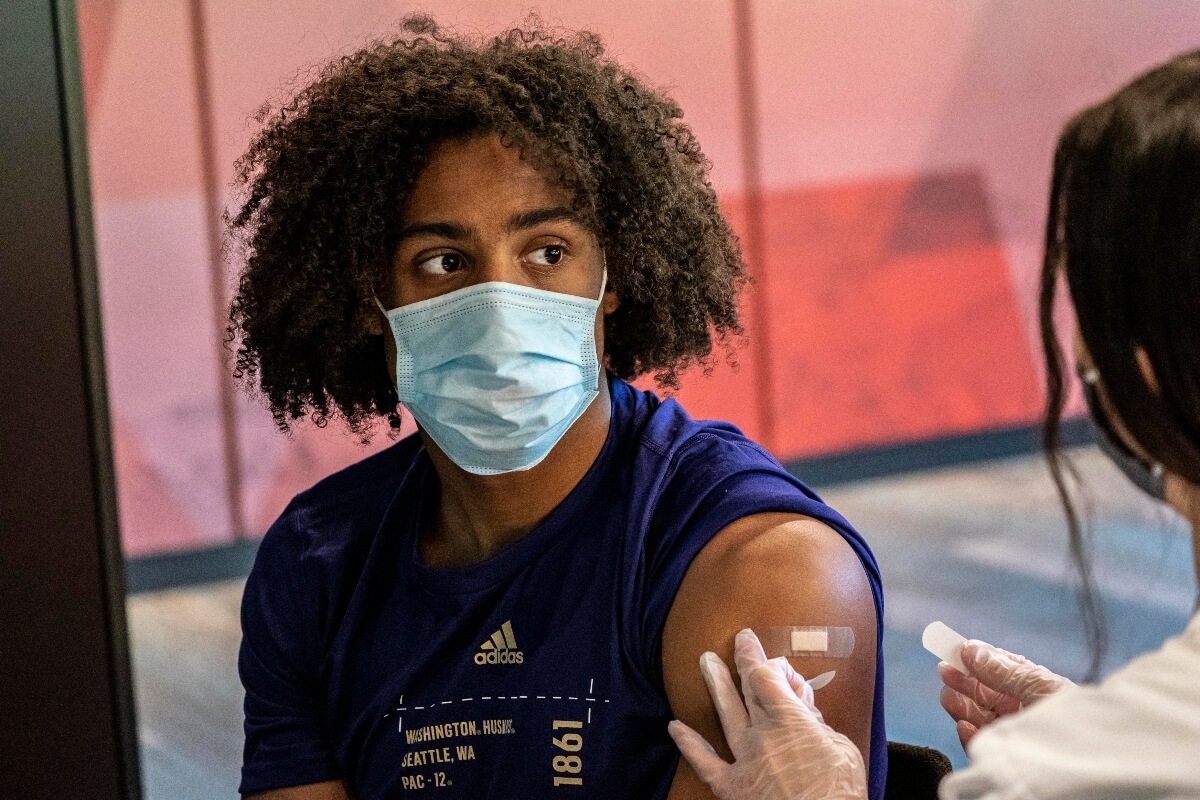
The State Department is working to reduce US visa backlogs. Source: David Ryder/Getty Images North America/Getty Image via AFP
The US Department of State notes that the pandemic has continued to affect the ability of embassies and consulates around the world to resume US visa processing services. “The particular constraints vary based on local conditions and restrictions, but include local and national lockdowns; travel restrictions; host country quarantine regulations; and measures taken by our embassies and consulates to contain the spread of COVID-19,” it said.
“Combined, these restrictions have reduced appointment capacity during the pandemic, which has created a significant backlog of both immigrant and non-immigrant visa applicants awaiting a visa interview. The State Department is working to reduce this backlog while ensuring the safety of our staff and applicants and protecting our national security.”
US embassies and consulates that process non-immigrant visa applications are prioritising travellers with urgent needs, foreign diplomats, mission-critical categories of travellers (such as those coming to assist with the US’s response to COVID-19, and workers who are essential to the American food supply), followed by students, exchange visitors, and some temporary employment visas. “Applicants should check the website of the nearest embassy or consulate for the current operating status,” they said.
Strong advised applicants to schedule an appointment for their non-immigrant visa interview at the embassy or consulate in the country where they live. Students may also try to schedule an interview at another US embassy or consulate that is currently accepting third-country national applicants. She warned, however, that it may be more difficult for applicants to qualify for a visa outside of the country where they live.








